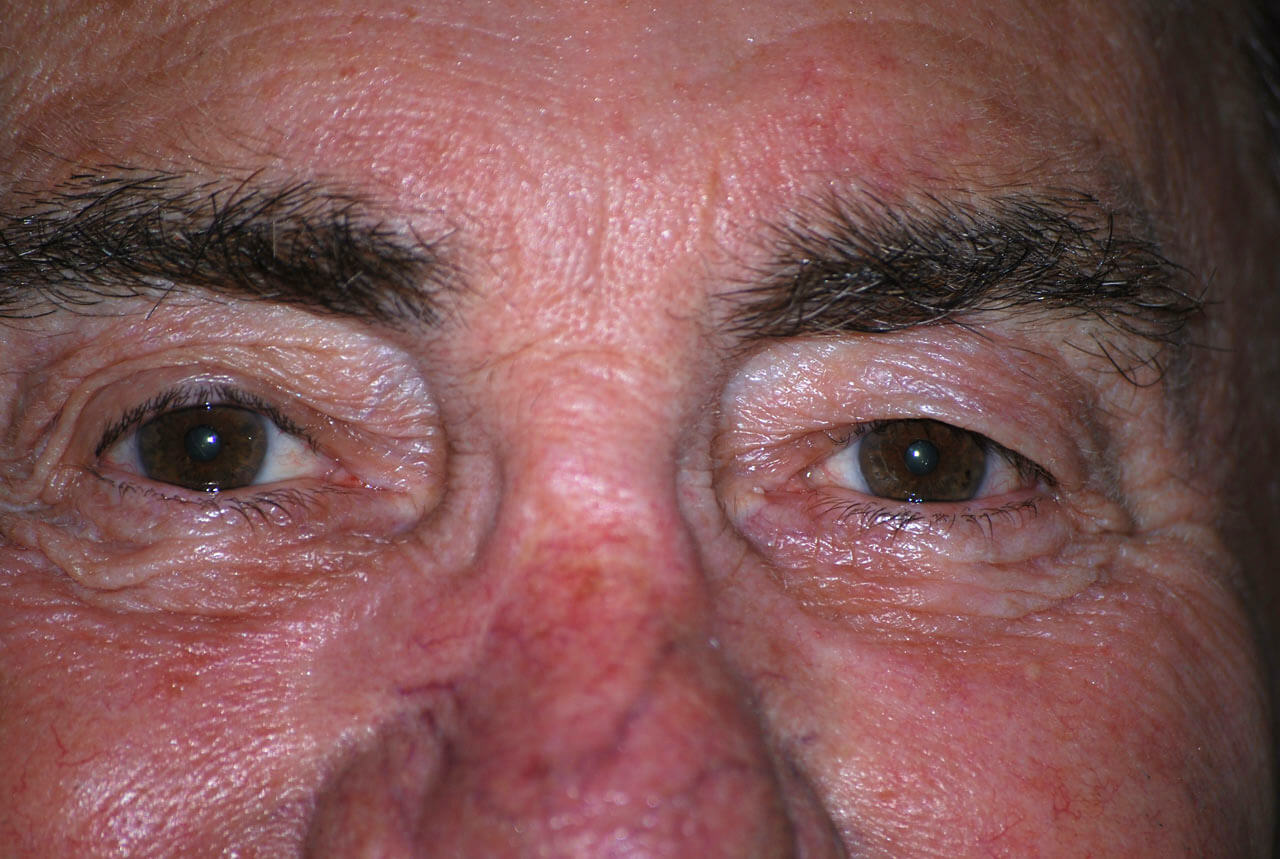 The National Rosacea Society (NRS) has awarded funding for two new studies in addition to continuing support for two ongoing studies as part of its research grants program to increase knowledge and understanding of the potential causes and other key aspects of rosacea that may lead to improvements in its treatment, prevention or potential cure.
The National Rosacea Society (NRS) has awarded funding for two new studies in addition to continuing support for two ongoing studies as part of its research grants program to increase knowledge and understanding of the potential causes and other key aspects of rosacea that may lead to improvements in its treatment, prevention or potential cure.
“NRS-supported investigations have eased the lives of more sufferers than ever of this widespread and troubling disorder,” said Dr. Mark Mannis, chairman of ophthalmology at the University of California-Davis and a member of the NRS Medical Advisory Board. “Continually advancing knowledge has led to many new therapies targeted to the wide variety of rosacea’s signs and symptoms.”
Dr. Sezen Karakus, assistant professor of ophthalmology at the Johns Hopkins Wilmer Eye Institute, was awarded $15,000 to study the role of the ocular surface microbiome in the pathogenesis of rosacea. Dr. Karakus noted that patients with ocular rosacea may develop vision-threatening corneal complications, and identification of the microorganisms present on the ocular surface may help develop specific treatment strategies. Dr. Karakus will collaborate with Dr. Noori Kim, assistant professor of dermatology, at the Johns Hopkins University School of Medicine.
Dr. Emmanuel Contassot, project leader in dermatology department at the University Hospital of Basel, was awarded $5,000 to investigate whether certain intracellular signals recently found to be elevated in rosacea lesions may be responsible for its skin inflammation, which may be one of the root causes of the disorder.
In ongoing studies, Dr. Michelle Trautwein, assistant curator and research scientist at the Institute for Biodiversity Science and Sustainability at the California Academy of Sciences, is sequencing the genome of Demodex mites, as well as identifying the associated bacteria that may play a causative role in rosacea, and will be the first study to map the complete genetic makeup of Demodex.
Dr. Tissa Hata, clinical professor of dermatology at the University of California-San Diego, is studying the normalization of the microbiome in rosacea patients, identifying types of bacteria associated with rosacea and those that may be associated with healthy skin after successful treatment, including Cutibacterium acnes and Staphylococcus epidermidis.
Funded by donations from rosacea sufferers, the NRS research grants program has awarded more than $1.6 million to support 75 studies, including scientific investigations that have connected the dots in the inflammatory process, a key underlying factor of the disorder. Other studies have investigated the genetics of rosacea, the role of other factors in rosacea inflammation, changes to aspects of the eye in ocular rosacea, and many other areas.
Researchers interested in applying for grants may obtain forms and instructions through the research grants section of the NRS website or by contacting the National Rosacea Society at 4619 N. Ravenswood Ave., Ste. 103 Chicago, IL 60640, by telephone at 1-888-662-5874 or by email at info@rosacea.org. The deadline for submitting proposals to receive a research grant next year is June 17, 2022.
Because the cause of rosacea is unknown, a high priority is given to studies relating to its pathogenesis, progression, mechanism of action, cell biology and potential genetic factors. Proposals relating to epidemiology, predisposition, quality of life and relationships with environmental and lifestyle factors may also be considered.
Members of the NRS medical advisory board include chairman Dr. Richard Granstein, chairman of dermatology, Weill Cornell Medical College; Dr. Hilary Baldwin, associate professor of dermatology, Rutgers Robert Wood Johnson Medical School; Dr. Lynn Drake, Harvard Medical School and former AAD president; Dr. Richard Gallo, chairman of dermatology, University of California-San Diego; Dr. Julie Harper, clinical associate professor of dermatology, University of Alabama-Birmingham; Dr. Yolanda Helfrich, associate professor of dermatology at the University of Michigan; Dr. Sewon Kang; Dr. Mark Mannis, chairman of ophthalmology, University of California-Davis; and Dr. Martin Steinhoff, chairman of dermatology and director, Charles Institute of Dermatology, University College, Dublin.